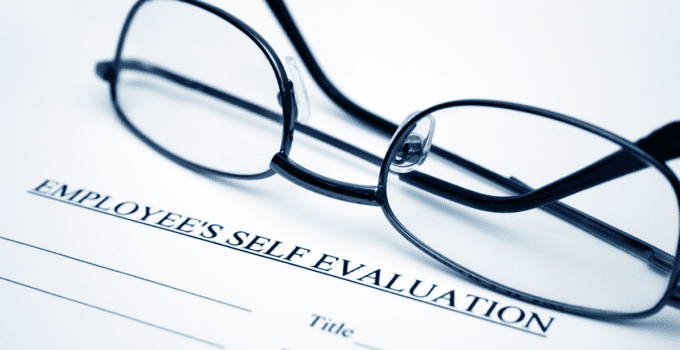Being scrutinized under a microscope can be daunting. You get the feeling that you’re not able to explain your reasoning for actions or habits, or you may be afraid you come across different to people than you do to yourself. These frustrations can lead people to be unenthusiastic about appraisal and, therefore, development. But, there is still hope: whether you consider yourself humble or self-centered, everyone has the human desire to talk about themselves once in a while. This means that, if given the chance, anyone would be willing to participate in a self-evaluation process.
Self-evaluation is a great way to get an employee engaged in the development process, as well as a great way to see things from the employee’s perspective. It allows an employee to look inward on their strengths and weaknesses, so that they may continue to showcase the strengths and make an effort to brush up on the weaknesses.
Another perk of using self-evaluations is that it encourages the employee to look at all components of performance, from job description to accomplished goals. The employee gets a chance to consider his or her current and desired level of contribution.
A self-evaluation is the ideal time to discuss:
The quality and quantity of work accomplished during the evaluated time frame
Business goals for the evaluated time frame
Next steps for personal and career development
Self-evaluation is just as effective as any form of performance appraisal, with the added bonus of benefitting the employee more directly by providing them a means to reflect internally. It is important to know your performance for yourself before being able to portray it to your organization in the hopes of improvement.




